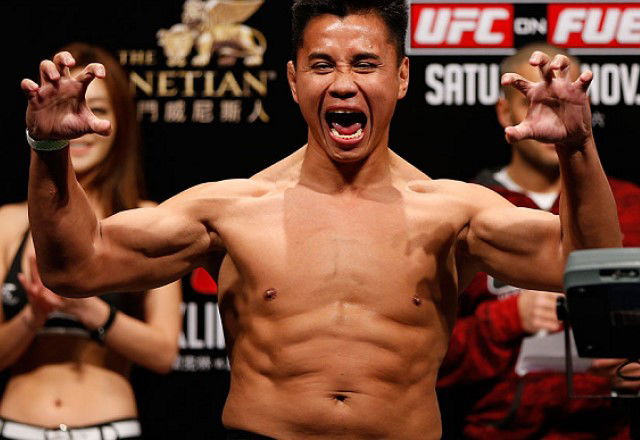

Former UFC fighter Cung Le is still not over a faulty drug test that happened almost six years ago. He has once again blamed the UFC for throwing him under the bus.
Watch What’s Trending Now!
Cung Le fought Michael Bisping at UFC Fight Night in August 2014. In a gruesome one-sided fight that ended in the fourth round, Cung lost via TKO. Following the fight, the UFC announced that the former Strikeforce champ’s blood sample showed high levels of Human Growth Hormone (HGH). However, the testing procedure was far from the usual that happens during UFC events.
ADVERTISEMENT
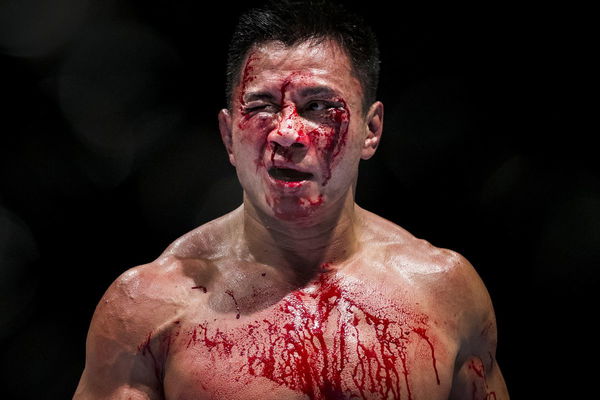
The fight took place in Macau. The city had no athletic commission to look over the event. Hence, the UFC took matters in their own hands with the regulatory procedure. The organization took Le’s sample right after a bloody war with Bisping. Consequently, the level of HGH was naturally higher.
ADVERTISEMENT
“If you’re doing testing, you have to test when [the test subject] is fasted and when their resting heart rate is normal or when they just woke up,” Le explained on the latest episode of BJPENN.com Radio. “They tested me and Michael right after the fight. I was clean of everything else, I even took another test and put it out there and compared the two tests.”
“I went four and a half rounds against Michael Bisping. Of course, my levels are going to be elevated. I’m bleeding out of my face, the bone underneath my eye was broken. So my body was trying to heal itself right then and there, of course, my HGH level’s going to be through the roof,” Le continued. “And then for them to throw me under the bus.”
ADVERTISEMENT
Cung Le is one of the plaintiffs in a $5 billion lawsuit against the UFC
After the results of the test, the UFC suspended Le for nine months. They later increased the duration to twelve months. Cung Le and Gary Ibarra, Le’s manager, immediately protested the verdict. The media scrutinized the UFC for the loopholes in the testing procedure.
Back in 2014, WADA used two standard testing procedures for determining the usage of HGH. The Hong Kong lab, where the testing took place, didn’t use either of the two methods. They took a reading of Le’s total HGH concentration. However, that wasn’t conclusive evidence to determine if the hormone was exogenous or not.
ADVERTISEMENT
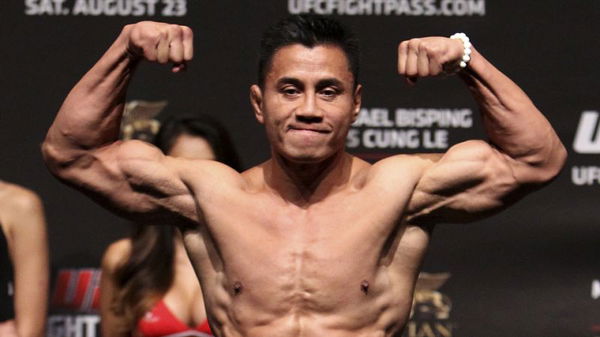
ADVERTISEMENT
Moreover, the lab used for testing was not accredited by WADA. Dr. Don Catlin, an expert in the field of performance-enhancing drug testing in sports, said he would ignore the results since it wasn’t the isoform test. The UFC later rescinded the ban imposed on Cung Le. However, by then the fighter had already made up his mind on retirement.
Top Stories
Brian Ortega Gives Classy Response to UFC Fans Rubbing Alex Pereira and Tracy Cortez’ Relationship in His Face

Joe Rogan Raises Alarming Doubt Over Tom Aspinall’s UFC Career After Eye Injury: “He’s Fu**ed Up”
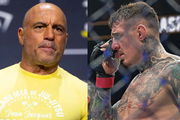
After Tracy Cortez Breakup, Brian Ortega Shares Emotional Confession on His Wife and Kids
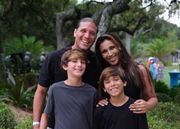
Sean O’Malley Labelled “Racist” by Song Yadong Over Conor McGregor-Style Antics Ahead of UFC 324
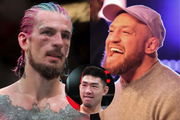
Who Is Arman Tsarukyan’s Father? Nairi Tsarukyan’s Net Worth, Profession & Businesses
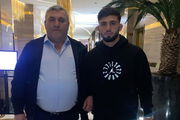
Le would later join hands with several former UFC fighters in filing an anti-trust lawsuit against the organization. The plaintiffs claimed that the UFC is using its monopoly against fighters and holding down their pay. Filed in late 2014, the case has seen more than five years of wrangling.
ADVERTISEMENT
ADVERTISEMENT
ADVERTISEMENT

